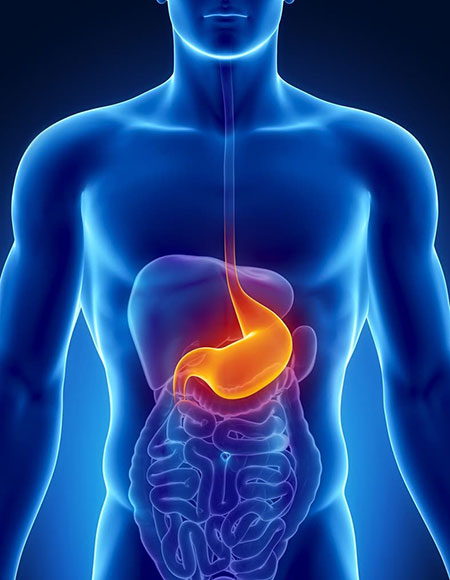About Ulcer Bleeding

The stomach is a mixing bowl, allowing food and digestive juices to combine and allow digestion to begin. But the stomach has a protective lining that prevents digestive enzymes from eating away at it. If this lining is damaged, inflammation and pain may occur. If the inflammation becomes worse, it can cause the lining of the stomach or the duodenum (the first part of the small intestine) to bleed. The bleeding may not be noticeable, and the patient may not seek medical care.
Bleeding ulcers are a big deal. Often, having endoscopy is both diagnostic and therapeutic. A gastroenterologist can use a fiberoptic camera to view the inside of the stomach and duodenum, searching for a source of bleeding. If a blood vessel is leaking, it's possible to cauterize or burn the blood vessel and take care of the problem right away.
Fast facts on bleeding ulcers:
- Symptoms vary in severity, but notably, there is a pain in the upper abdomen.
- Infections and some medications can cause bleeding ulcers.
- With proper treatment, bleeding ulcers can be cured.
- Bleeding ulcers are usually diagnosed and often treated by an endoscopy.
Ulcers are sores on the lining of the stomach, sometimes called peptic ulcers, though they can also be found in the duodenum, the first part of the small intestine just outside the stomach's exit. The warm, moist environment of the gastrointestinal tract makes this a tougher area to heal ulcers.
Bleeding ulcers can be caused by many irritants and require removal of the irritants for healing to occur. Some common irritants that are known to cause ulcers are:
- Helicobacter pylori
- Caffeine
- Smoking
- Alcohol
- Non-steroidal anti-inflammatory medications
- Long-term steroid use

